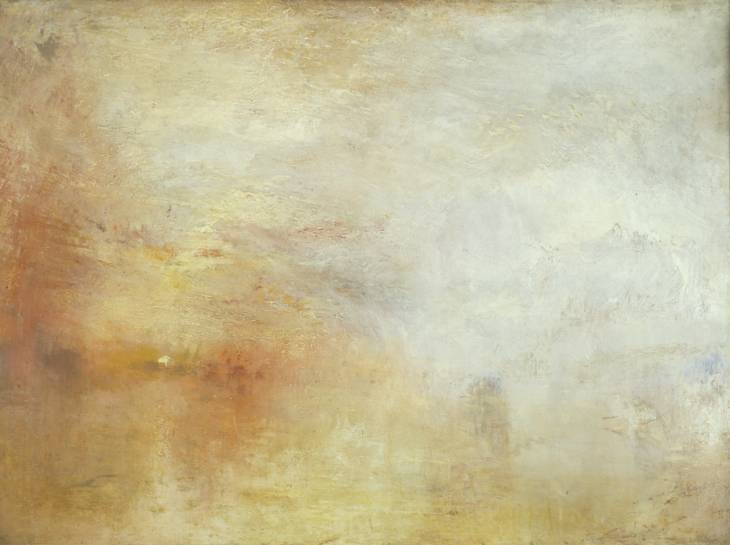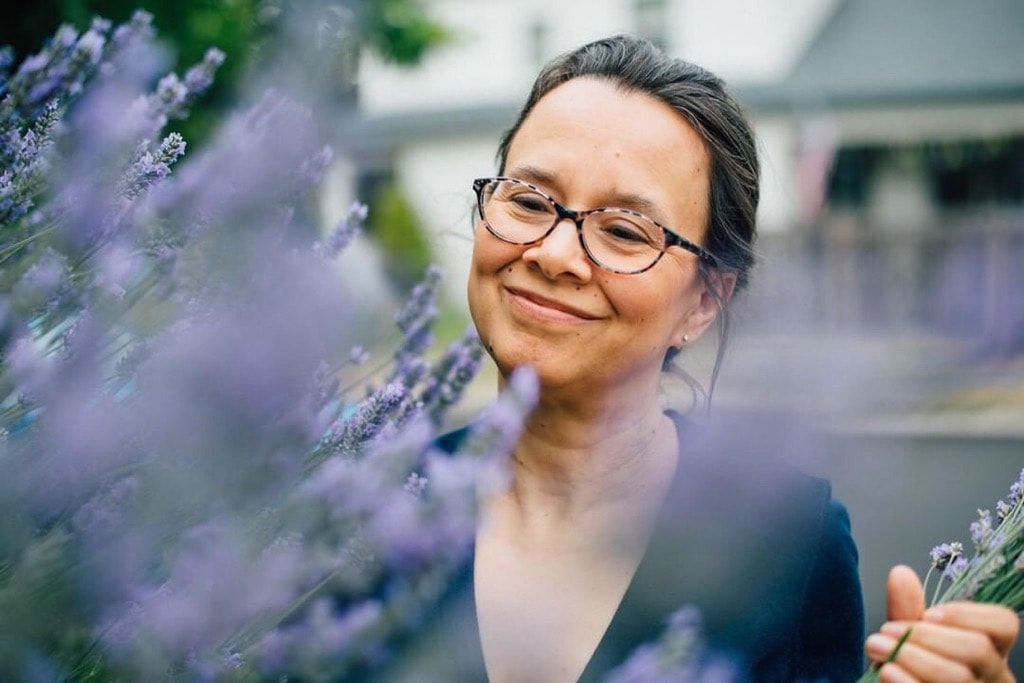|
"Traditional societies personally transmit and personally use knowledge. It doesn't exist in books that can be shelved; songs are not recorded on CDs that can be played at will. Knowledge exists only because one person gave it to another, and it is kept alive only by repeated use and personal transmission. How one learns something and uses that knowledge is important in traditional societies, more than in ours. We seem to feel that whatever is to be learned exists independently from the way it is transmitted. If, for example, one person learns one thing from a parent, another from a teacher, a third from a computer, we like to assume that they all know the same thing. You simply know as a fact that the earth revolves around the sun, whether you absorbed that fact in early childhood, learned it in adulthood, figured it out on your own, had to reject religious belief to get there or learned it in English or in some other language. No matter how you learned it, it's a fact, and in our culture facts are seen as solid little building blocks, unchanged by how they are acquired or used." -Malcolm Margolan
0 Comments
Leave a Reply. |
"Ideas
|
"Perhaps this is one of the secrets of life--to know 'glory' when we see it."
--Charlotte Mason
Virtual Life?
A wee explanation: this website was created as a way to amplify the daily surprise of seeing glory in one small life. The notebook entries represented here are all selected from things actually lived and noted on paper in an effort to live the full life British educator Charlotte Mason so ably championed.
Photos chosen are linked to their original posts in most cases because I have found something of value there and hope my readers will likewise find a helpful resource. In the case of miss-attribution or if you desire your work not be linked, please let me know.
Categories
All
Book Of Centuries
Book Of Firsts
Church Year
Commonplace
Copywork
Enquire Within
Fortitude Journal
Gratitude Journal
Keeping
Music Notebook
Nature Notebook
Notebooks
Picture File
Poetry
Prayer Journal
Recipes
Zeitgeist



 RSS Feed
RSS Feed
